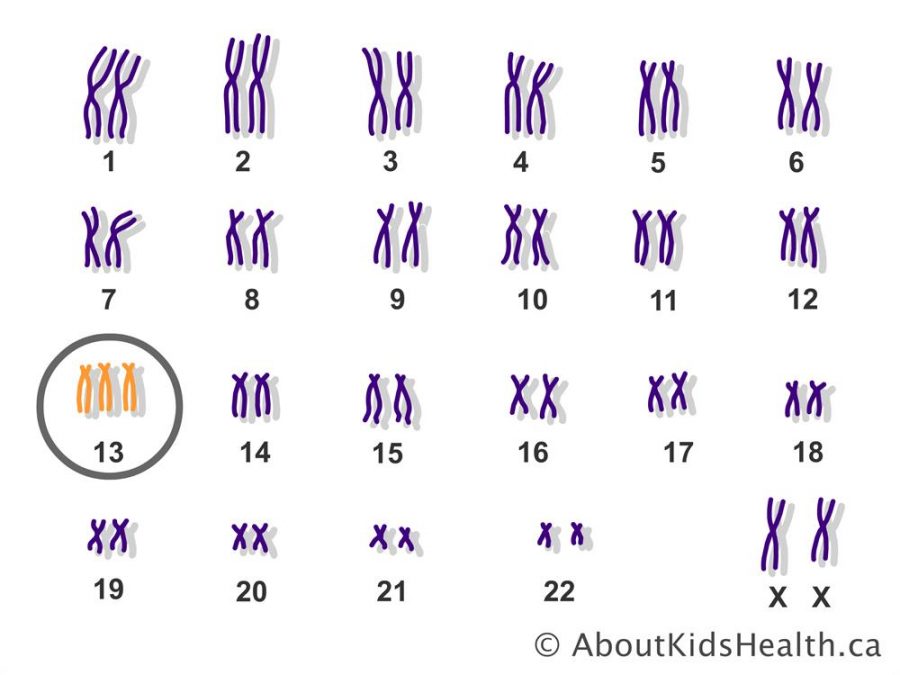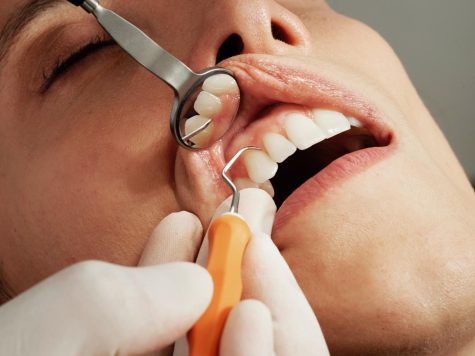Chromosomes make a difference
National Trisomy Awareness Month – March
Medical tests show specific inconsistencies.
In most cases, everyone is born with 46 chromosomes or 23 pairs. However, some people have extra chromosomes, bringing the total number of chromosomes above 47. According to the National Institute of Child Health and Human Development (NICHD), “An extra chromosome can cause a variety of health problems ranging from mild intellectual and developmental disability (IDD), to severe physical problems” (https://cutt.ly/7lt6o7G).
The most common disorders caused by trisomies are Down Syndrome, Edwards Syndrome, and Patau Syndrome.
Down Syndrome is caused by a copy of chromosome 21. The Centers for Disease Control and Prevention (CDC) says that it is the “most common chromosomal disorder. Each year, about 6,000 babies are born with Down syndrome, which is about 1 in every 700 babies born.”. For the most part, it causes physical impairments, intellectual development, and communication skills https://cutt.ly/elt6Y8w).
Edwards Syndrome is caused by an extra chromosome 18. It is a very rare genetic disorder as most babies with the extra chromosome die before birth or within the first year. Some common symptoms are rocker-bottom feet, cleft palate, clenched fists with overlapping fingers, and malformed ears.
Patau Syndrome is even rarer than Edwards Syndrome. According to the Minnesota Department of Health, “Trisomy 13 occurs in 1 of 10,000-16,000 births and the incidence increases with increased maternal age” (https://cutt.ly/olyqQtZ). Only 5-10% of all infants born with Patau Syndrome live past 12 months. It causes severe facial, physical, and mental defects.
The main goal of National Trisomy Awareness is to bring to light the effects caused by trisomies. They are mutations that can happen randomly at any point during the fetus’s development, so the mother must frequently do genetic testing and ultrasounds throughout the pregnancy. Also, this gives the mother more available options on what to do if her baby does end up with a trisomy.

“For a second, I was thinking that I might write 5 articles this time. Then I reminded myself that I'm weak and can't handle it.”
Maya Nneoma Adimora...










